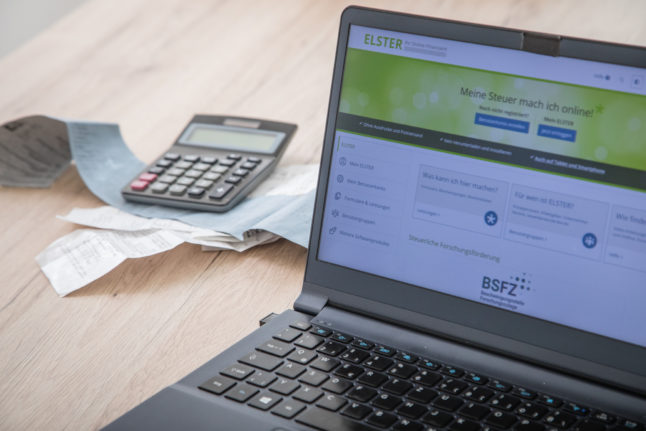“We will continue to work for a tax on the financial markets,” Merkel said in a stormy debate in parliament on her government’s 2011 budget.
“The finance minister is doing this in several discussions and we are going to try to persuade as many countries as possible. Unfortunately, the world is not always as we would wish … but we are not going to give up,” she added.
At a meeting of European Union finance ministers earlier this month, members of the 27-country bloc clashed over the idea of imposing a tax of financial market transactions in Europe.
The proposal, driven by France and Germany and aimed at clawing back billions of euros given to banks in the financial crisis, has run into stiff resistance from several countries, notably Sweden and Britain.
At the level of the Group of 20 developed and developing nations, there is still more discord, with Canada and emerging market economies leading the battle against it. A G20 summit takes place in South Korea in November.
“We are sticking to the principle that every product, every actor, every financial market participant should be regulated so that we have an overview of what is happening on the financial markets,” Merkel said.
In the face of sustained heckling from opposition parties, Merkel trumpeted the achievements of the German economy that has bounced back strongly from last year’s recession, which was the worst in modern history.
“We are once again the growth engine of Europe,” Merkel said, adding that unemployment in the continent’s biggest economy could soon fall under the three-million mark.
“There is good reason to be optimistic,” added the chancellor, to jeers from the opposition.
Sigmar Gabriel, head of the centre-left Social Democrats, opened the debate with a blistering attack on Merkel’s centre-right coalition.
“When you govern you essentially serve special interests,” he said, lambasting tax cuts for hotels and the decision to extend the phase-out of the country’s nuclear reactors. “You have no idea about the common good in Germany.”
The Greens’ parliamentary leader Jürgen Trittin also dismissed suggestions that Merkel’s beleaguered government of conservative Christian Democrats and pro-business Free Democrats deserved credit for Germany’s impressive economic rebound in recent months.
“There’s a lot of (Chinese premier) Wen Jiabao and very little Merkel in the development of the labour market,” he said, referring to the surging demand from China for German industrial goods.
AFP/DAPD/mry



 Please whitelist us to continue reading.
Please whitelist us to continue reading.
Member comments